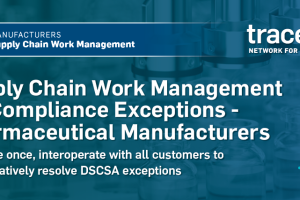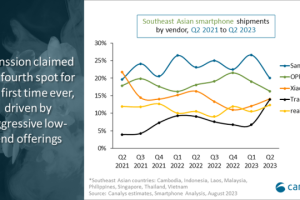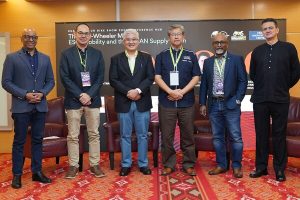Newborn deaths have not seen a drop in the past several years, according to Unicef as 30 out of every 1,000 children die in the first month of birth. To address this challenge in the mother and child healthcare sector, CAMTech India—a Consortium of Medical 
CAMTech is an arm of the Massachusetts General Hospital Center for Global Health and works in the US, Uganda and India. It entered India in 2012 to tap innovative ideas with its programme to improve reproductive, maternal, newborn and child health. The so-called public private partnership model is funded by USAID Mission, Bacca Foundation and Omidyar Network. It holds hackathons for medical technologies, which it begun doing with the Vellore Institute of Technology, Tamil Nadu.
“The feedback we got from the participants in India is that they need so much more support to be able to get these products to the market. So we have extended our programme to an online innovation platform where all the innovators can go be a part of global community and tap tools, resources, clinicians and funding . A majority of the participants are from India. The infrastructure ( for medical technologies)is so fragmented that each innovator is out on the own piecing a complicated landscape together to take their ideas forward. Coming together of all the stakeholders can make a huge difference for innovators,” said Elizabeth Bailey, director, CAMTech.
CamTech is also looking at setting up a co-creation lab over the next year. “It conducts hackathons, clinical summits and innovation awards. Last year’ s Jugaad-a-thon, with partner GE Healthcare as host, saw 34 participants, of which 15% could progress towards bringing the technologies on ground.
“We haven’t seen any idea hit the commercialization stage yet. It is an ambitious proposition to get them to the market within 12 months but most have their prototype ready .Also,this year’s jugaad-a-thon has seen almost double the participants,” she said.
In last year’s Jugaad-a-thon, Saans—a mechanical device addressing baby asphyxia, especially used while travelling from a primary healthcare centre to a neonatal intensive care unit, took shape. Also, Babysteps, a mobile app to track the delays or growth of baby, is progressing towards commercialization, Bailey said.
According to Bailey, another new area of funding that is opening up for innovators in multinational healthcare companies. “MNCs are very interested in affordable and frugal innovation and we are going to see new sources of funding from them. From among our various partners, Covedian Ltd which is now part of Medtronics PLC, Abbott Healthcare and others have supported and are committed to local sourcing,” she said.
GE Healthcare, the host of Jugaad-a thon for the past two years, is also willing to invest in some of the late stage ideas in child and mother healthcare.



























